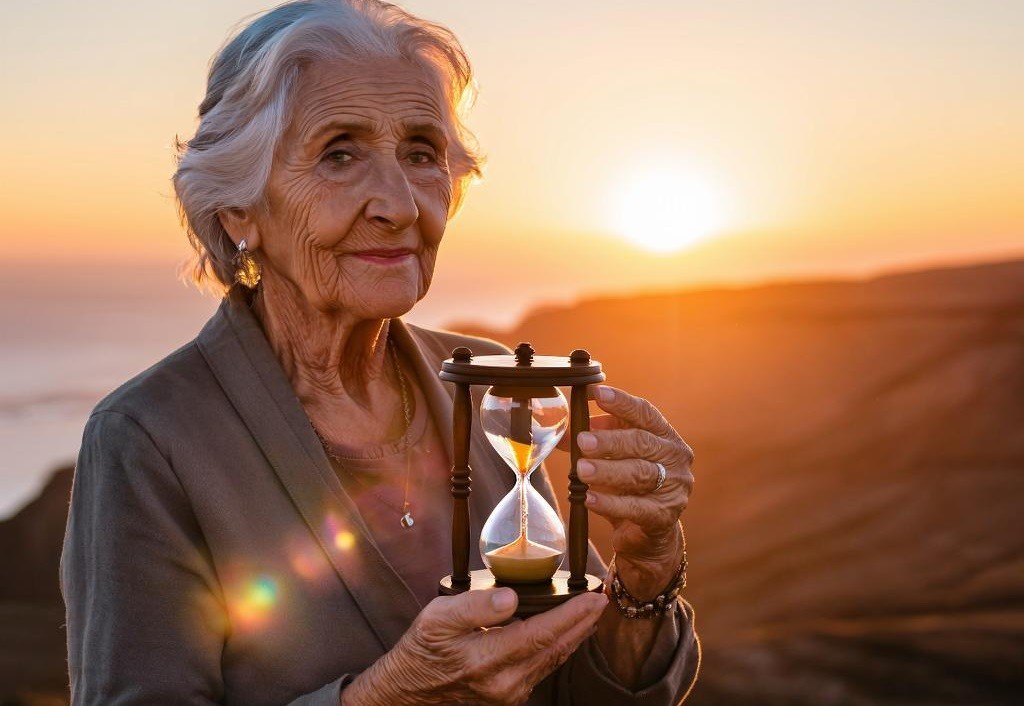117 years, 168 days: Scientists uncover the startling secret of Maria Branyas Morera’s longevity
At 117 years and 168 days, Maria Branyas Morera lived through more than a century with an unusually clean bill of health: she avoided major heart disease, cancer, and dementia for most of her life. Scientists from the Josep Carreras Leukemia Institute conducted a deep genetic and microbiome study to understand what keeps a person so resilient. Their findings touch on how aging unfolds in the body and what this could mean for healthy longevity. The case drew researchers because of her remarkable health and extraordinary lifespan, tracing clues in her DNA, metabolism, and microbes that might slow the march of age.

In This Article:
DNA and aging markers reveal a biology built to endure
A team from the Josep Carreras Leukemia Institute analyzed Maria’s DNA and genetics. Born in San Francisco in 1907 and later moving to Spain, she attracted scientific interest due to her exceptional health and length of life. The analysis revealed several favorable aging markers. She showed efficient lipid metabolism, high levels of HDL (the “good” cholesterol), and low levels of inflammatory proteins. Taken together, these factors appear to shield her from many chronic diseases despite her age.

A gut-brain ally: Bifidobacterium-rich microbiome and yogurt’s role
Researchers found an unusually high presence of bacteria from the Bifidobacterium genus in her gut. This microbial profile is typically associated with anti-inflammatory processes and the production of short-chain fatty acids, which support healthy metabolism and immune function. Significantly, Maria regularly consumed yogurt, which can promote the growth of beneficial microbes. The scientists note that this combination may contribute to her sustained metabolic health and lower inflammatory risk as she aged.

Biological clocks point to a younger body than her years
Molecular clock analysis, including DNA methylation assessments, indicated that Maria’s biological age lagged behind her chronological age. In other words, her body appeared biologically younger than the calendar would suggest, showing signs of a slowed aging process at the molecular level.

Inherited resilience and the absence of harmful APOE mutations
Genetic analysis uncovered rare variants linked to a stronger immune system and protection for the heart and brain, as well as healthy mitochondria. Importantly, she did not carry common harmful mutations such as the APOE4 variant associated with Alzheimer’s disease. Even with aging changes like telomere shortening and altered blood composition, she did not develop cancer or cognitive decline and lived to 117. The study suggests that a combination of healthy lifestyle, balanced diet, and favorable genetics can substantially influence healthy longevity.


